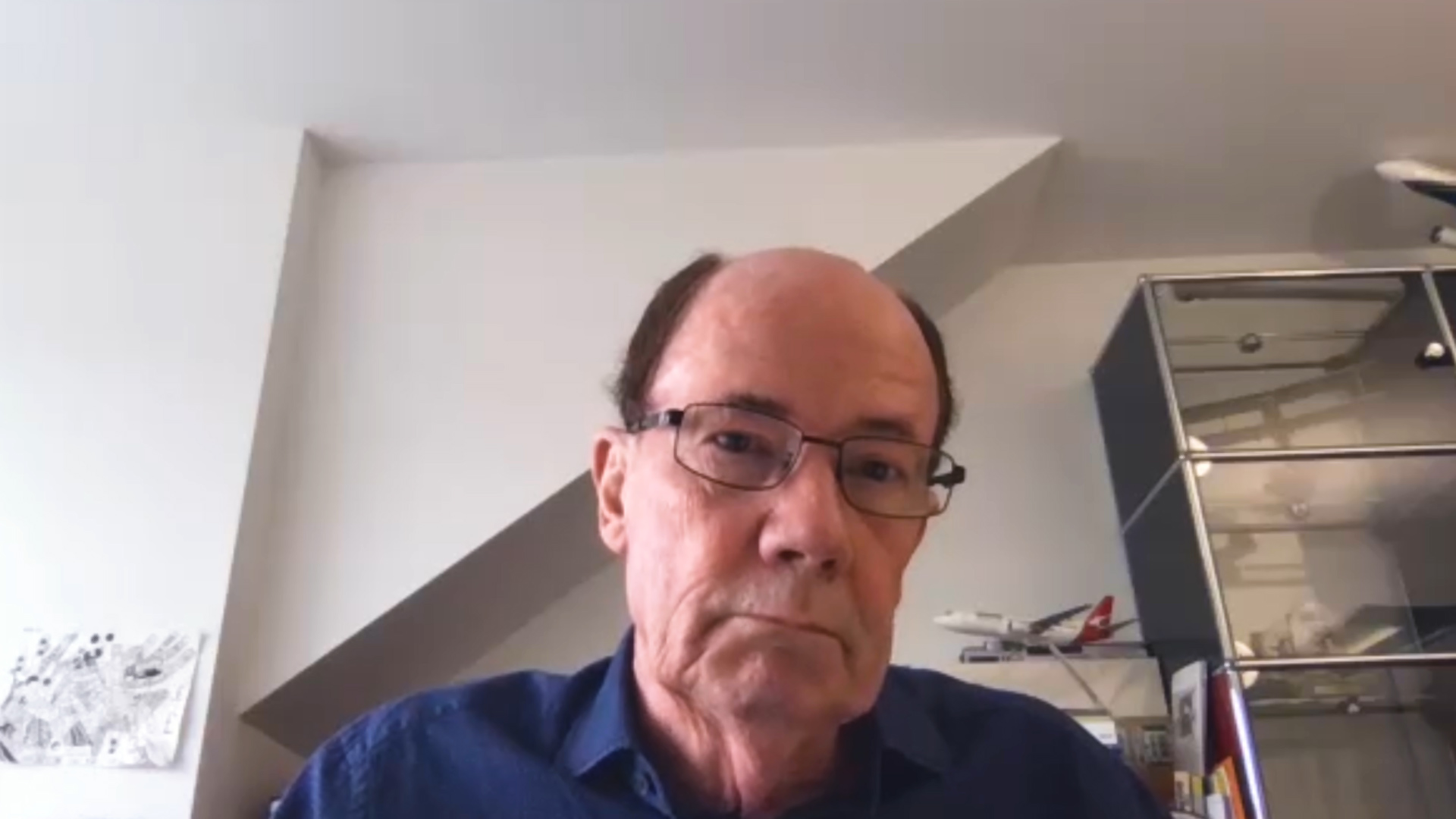
Managing Routes in a Downturn
Former Chief Strategy and Planning Officer at Etihad Airways
inpractise.com/articles/covid19-travel-demand-behaviour
Why is this interview interesting?
- How airlines think about changing routes and capacity to match demand in downturns
- Outlook on short and long-haul travel
Wayne Pearce
Former Chief Strategy and Planning Officer at Etihad Airways
Interview Transcript
How do you think consumer behavior will change for travel, in the next five years?
It all depends on whether or not there is a solution. Is there a vaccine or not? If there’s no vaccine, you’re only going to get the bravest people or those with the greatest need to travel and everybody else is going to be very conservative. We can already see, in society, that there are people who are willing to take a lot more risks than others, but the great bulk of the population is following the government’s restriction. So if there’s no vaccine and we don’t get a breakthrough on what happens when you get sick, you’ve got to think that people are going to go a lot more local. You’re probably going to start to get a lot more travel around the UK, if you’re a resident there, or the US, if you’re a resident there.
But I tend to think a lot of the more exotic destinations, like going to Africa, Far East, long-haul travel, even going to Australia, even though it’s safe, people will always be afraid, in case something happens and they can’t get back quickly.
Can you elaborate on that strategic decision. You’re at Etihad; you’re managing the network, you see travel and demand change, in routes and across the network, how do you think about managing that hub and spoke network, during that tough time?
When you’re looking at that issue, you can see that certain travel did hold up. Some of the business travel sectors, on the big blue-ribbon routes, were still okay. When you got to routes that you were trying to stimulate business traffic to and it was leisure travel buying up, that tended to fall away, because people really wanted to go for price. Everyone became extremely cost conscious.
So what happened in that situation is, to get the traffic, you had to drop your price. We were in a position that we could, in that with a big hub and spoke network, you can look for wherever the traffic is willing to come from and to and go to that market, but we did discount a lot. It really was terrifically bad, from a profitability point of view. The impact rolled on for about two years. From Lehman Brothers, a bit less than a year. It was pretty bad. But once you got through that, it did come out a lot more quickly than I thought, after about nine months, actually.
With the hub and spoke model, if you do lose a slot or a route, does that multiply the impact on your network, because you’ve reduced the number of connections?
Yes.
Copyright Notice
This document may not be reproduced, distributed, or transmitted in any form or by any means including resale of any part, unauthorised distribution to a third party or other electronic methods, without the prior written permission of IP 1 Ltd.
IP 1 Ltd, trading as In Practise (herein referred to as "IP") is a company registered in England and Wales and is not a registered investment advisor or broker-dealer, and is not licensed nor qualified to provide investment advice.
In Practise reserves all copyright, intellectual and other property rights in the Content. The information published in this transcript (“Content”) is for information purposes only and should not be used as the sole basis for making any investment decision. Information provided by IP is to be used as an educational tool and nothing in this Content shall be construed as an offer, recommendation or solicitation regarding any financial product, service or management of investments or securities.
© 2026 IP 1 Ltd. All rights reserved.


